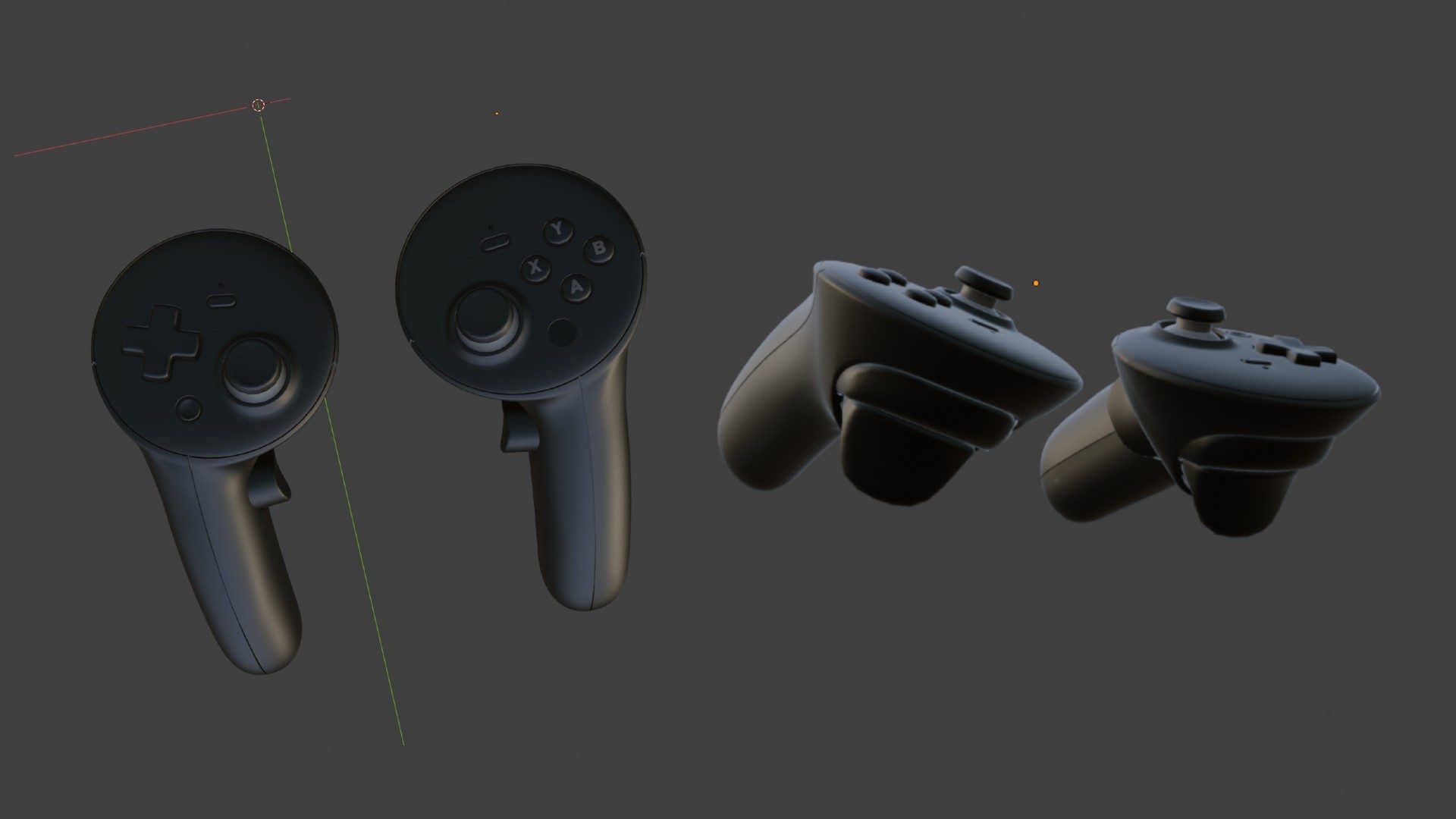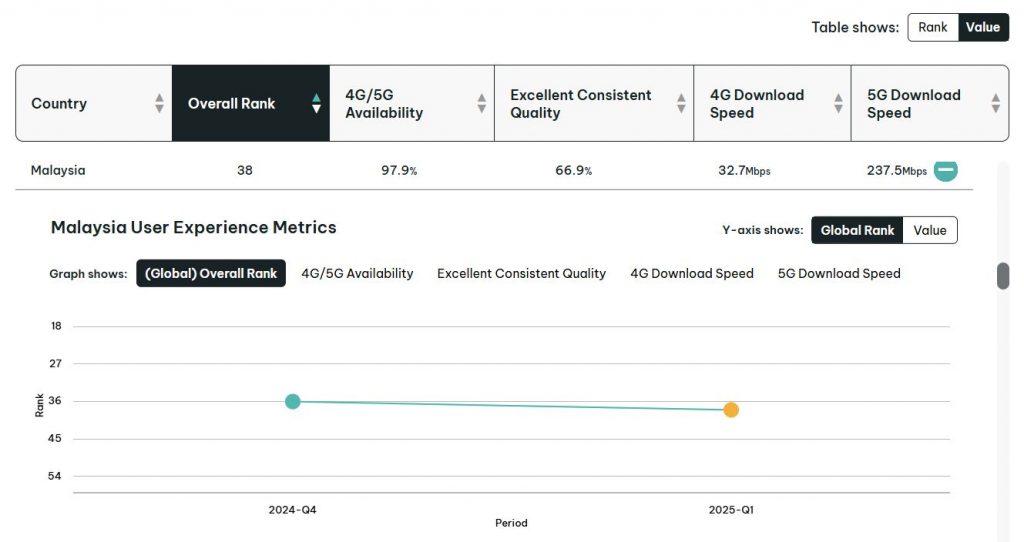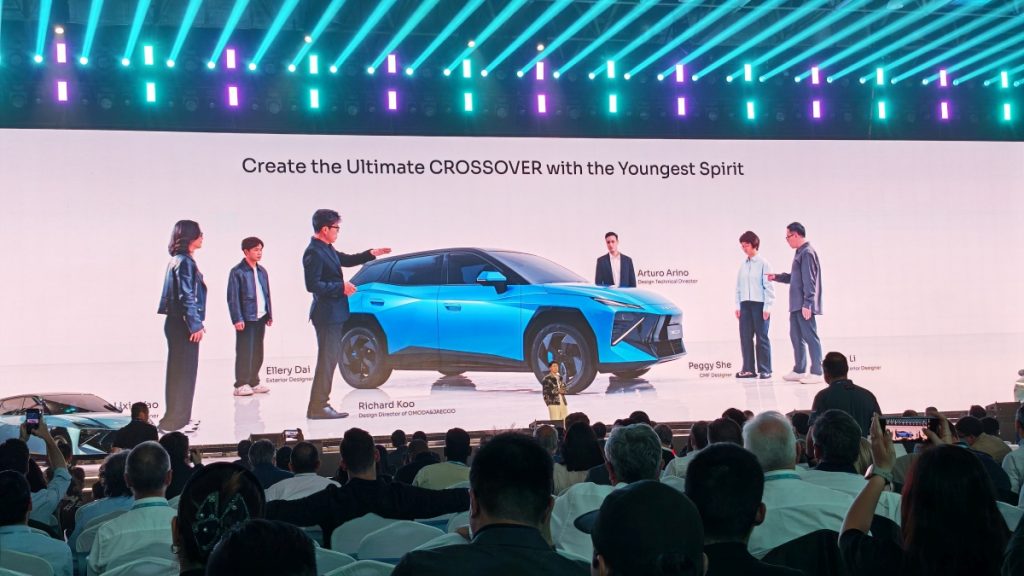Leaked 3D models hidden in a recent SteamVR update appear to show off a new VR motion controller, sparking renewed hope that Valve is gearing up to release its long-rumored ‘Deckard’ VR standalone headset.
As reported by tech analyst and YouTuber Brad ‘SadlyitsBradley’ Lynch, two newly discovered controllers have leaked in recent SteamVR drivers, which includes a new VR motion controller, code-named ‘Roy’, and a new gamepad, code-named ‘Ibex’.
Unlike standard VR motion controllers, which typically feature two action buttons per controller, the leaked Roy model reflects a decidedly more traditional gamepad-style button layout: a directional pad on the left controller, four action buttons on the right controller, start and select buttons, as well as bumper buttons above each controller’s trigger.
The layout would ostensibly allow for better out-of-the-box support for titles that use traditional gamepads, essentially positioning Deckard to capitalize on Steam’s massive catalogue of flatscreen games in addition to standard VR titles.
The image above shows off the resultant models when imported into Blender, the 3D computer graphics software tool suite. If you’re looking to grab the files themselves though, it appears Valve has now patched them out in its latest SteamVR software hotfix.
Lynch, who has covered many such Valve leaks in the past, maintains files also specified that every button on Roy “has capacitive touch likely to aid in hand skeleton creation.” Lynch also speculates some of the UI input will likely rely on Deckard’s supposed eye-tracking capabilities.
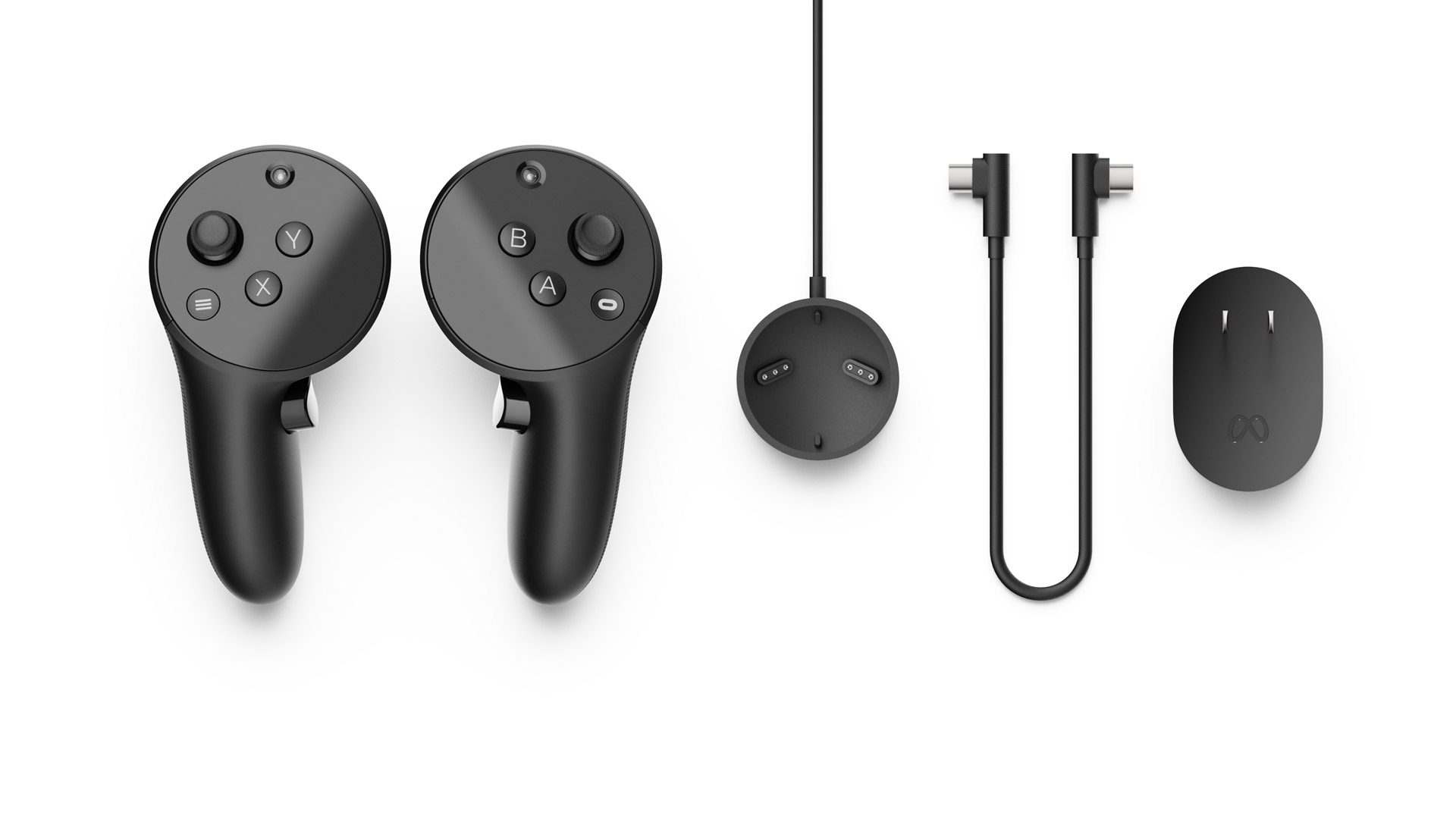
While many VR headset manufacturers have adopted layouts similar to Meta’s Touch controllers since their initial release in 2016 with the original Oculus Rift, Valve has a history of doing things differently.
Valve’s Index (aka ‘Knuckles’) controllers allow for ‘hands-off’ interactions thanks to the inclusion of a snug-fitting wrist strap, and also incorporate small touch pads on each controller for UI navigation, which can also emulate input for games created for the older HTC Vive wand controllers.
Valve Deckard has been the source of speculation since data miners first found a string in a January 2021 Steam update that mentioned the alleged VR standalone. It’s rumored that Deckard may include PC VR wireless streaming capabilities, eye-tracking, as well as passthrough AR features, potentially putting it in competition with Meta Quest and/or Apple Vision Pro.
Additionally, a separate controller model surfaced in the leak, which seems to mirror the control scheme seen in Valve’s Steam Deck handheld, code-named Ibex. Below is a render model thumbnail leaked in SteamVR drivers, showing off Ibex’s prominent Deck-style dual touchpads.
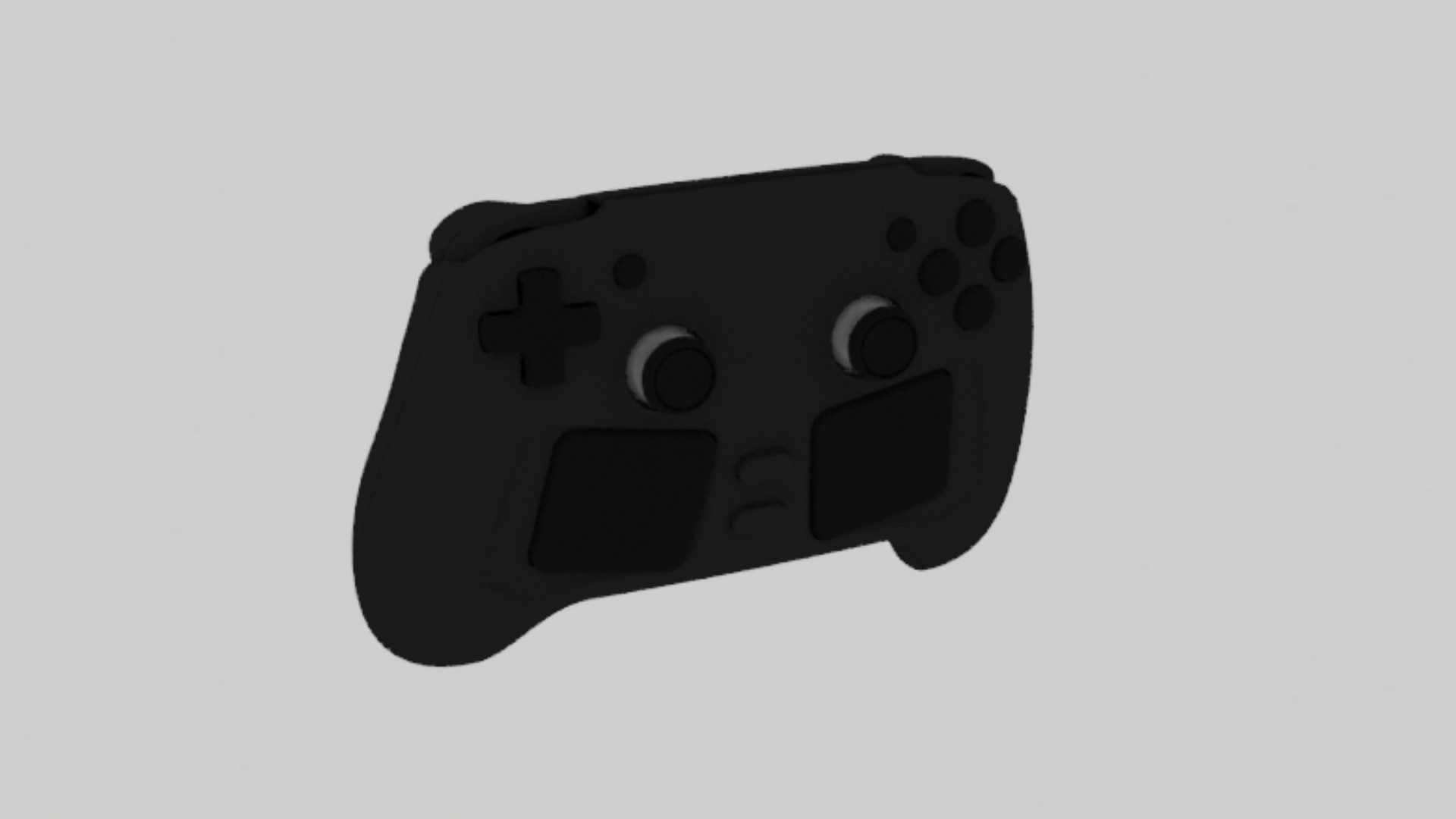
Data miners are still hoping to see similar renders of Deckard itself, which for now seems to still be tightly under wraps, with Valve thus far making no public comment on its existence. Considering the company was so quick to redact the two controller models, it’s possible they’ll be treading lightly when it comes to further software-related leaks in the future.
Whether the controller leaks were intentional or not on the part of Valve, both software and supply chain leaks happen all the time though, the most notable of which was the leak of Valve Index six months before its official June 2019 debut, showing off the physical exterior of the PC VR headset in full.
We’ll be keeping our eyes on all things Valve in the coming months, as the inclusion of controller models in SteamVR software could point to another unpredictably sudden release—which would be all too typical of Valve.

